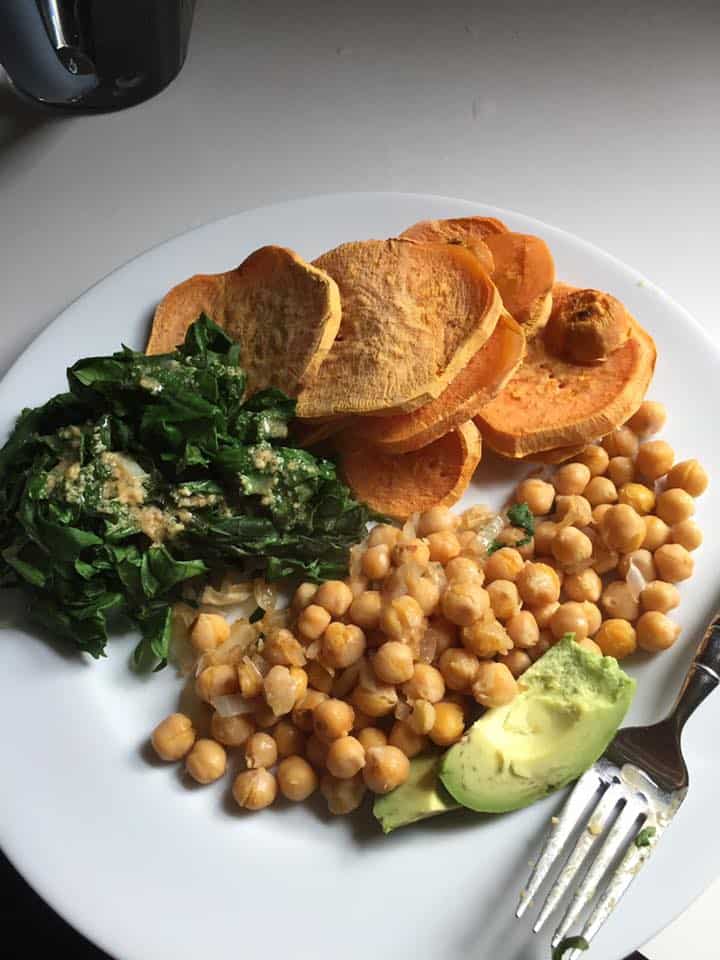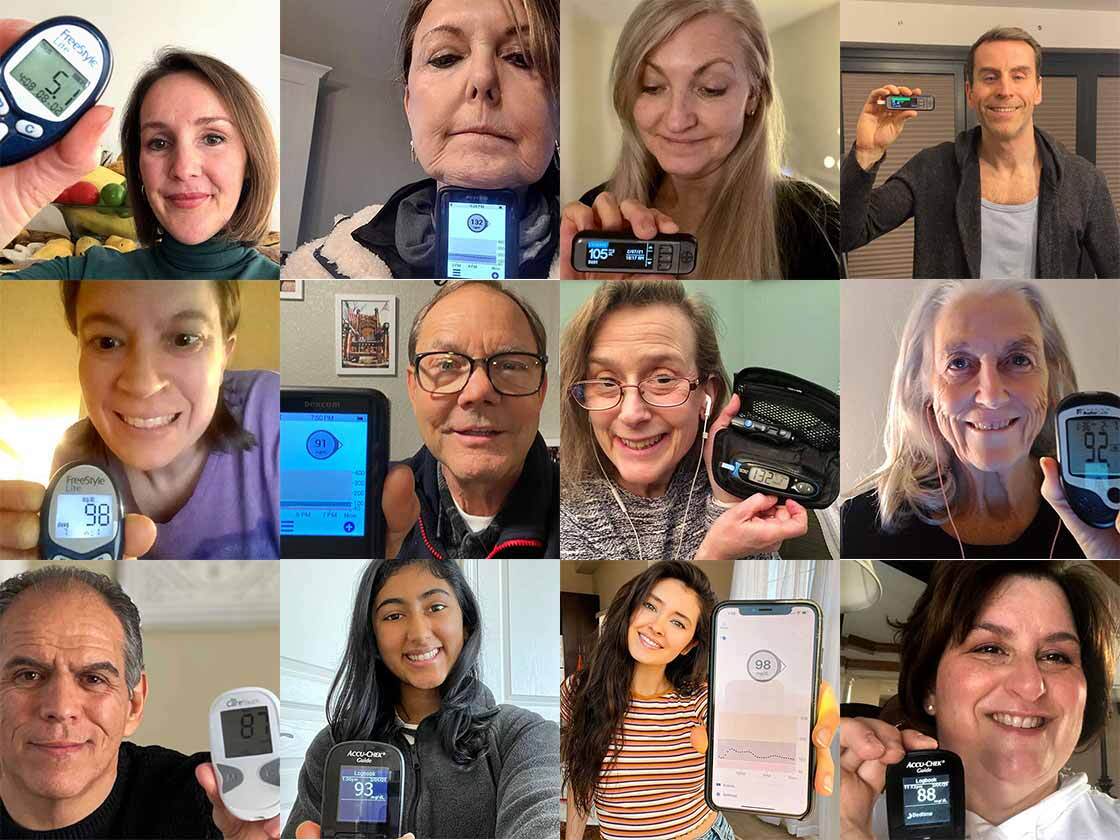Changing To A Plant-Based Diet With Type 1 Diabetes
Lindsay Garcia was diagnosed with type 2 diabetes in 2014. Motivated by the desire to control her blood glucose and improve her long-term health, she began eating a low-carbohydrate, high-protein diet.
For the first few months, Lindsay saw excellent results. Her A1c dropped from 10.0% to below 6.0% and she was able to control her blood glucose with precision.
Although Lindsay's numbers looked good, she felt terrible.
Because she was maintaining a low-carbohydrate diet, she did not eat fresh fruits. Most likely as the result of low fiber intake (due to the lack of plant foods in her diet), she experienced constipation that became so serious that she resorted to taking laxatives every few days.
After a few months, she noticed that it became more difficult to control her blood glucose. Her blood glucose often spiked into the 300s for no apparent reason.
As an athlete, she wanted more energy to participate in the sports she loved, and felt that her diet was not contributing to her overall health.
Feeling frustrated and unable to control her blood glucose values, she decided to look into alternative approaches to managing her blood glucose.
It was during this time that she saw her physician and found out that she was actually living with type 1 diabetes.
She enrolled in the Mastering Diabetes Program in December of 2016, and immediately learned how to reduce her total fat intake, how to adjust her insulin timing strategy, how to manage her blood glucose before, during, and after exercise, and how to increase her intake of low-fat, plant-based, whole foods.
After just a few weeks of transitioning to a plant-based diet low in fat, her carbohydrate-to-insulin ratio increased from 9:1 to between 25-35:1.
She increased her carbohydrate intake from approximately 175 grams per day to 500 grams or more – and at the same time, significantly decreased her total insulin use.
What exactly did Lindsay eat to make this plant-based diet transition? The images below are some of her favorite plant-based meals:




With the help of the Mastering Diabetes team, Lindsay has learned many tools to help support her healthy lifestyle living with type 1 diabetes. She has learned to reduce her dietary fat intake and prepare foods she loves in healthy ways.
She enjoys an active lifestyle and incorporates exercise like running and biking. She has learned effective insulin and mealtime strategies to keep her blood glucose within the normal range as much as possible.
And best of all, Lindsay's current A1c is now 5.8%.

Lindsay has also significantly improved her cardiovascular health. Her family has a history of heart disease, but thankfully, following a plant-based diet, she no longer has to worry about her risk for cardiovascular disease.
Her total cholesterol has dropped from 187 mg/dL to 126 mg/dL following a 100% plant-based diet, low in fat and complete with whole foods.
A summary of Lindsay's biomarkers is listed below, between her meat-based diet in December of 2016 and her plant-based diet in September of 2017:
Biomarker | December 2016 | September 2017 |
|---|---|---|
Bodyweight (pounds) | 145 | 128 |
Total Carbohydrate Intake (g/day) | 175 | 500 |
Basal Insulin Use (U/day) | 17 | 12 |
Bolus Insulin Use (U/day) | 23 | 17 |
Oral Medication Use | 500mg Metformin | None |
Total Cholesterol (mg/dL) | 183 | 126 |
HbA1c (%) | 7.2% | 5.8% |
Lower Your A1c and Get to Your Ideal Body Weight ... Guaranteed

Your results are guaranteed. Join more than 10,000 ecstatic members today
Personalized coaching puts you in immediate control of your diabetes health, helps you gain energy, improves your quality of life, and reduces or eliminates your meds.
Leave a Comment Below!
Tell Lindsay what you think of her story by leaving a comment below.

